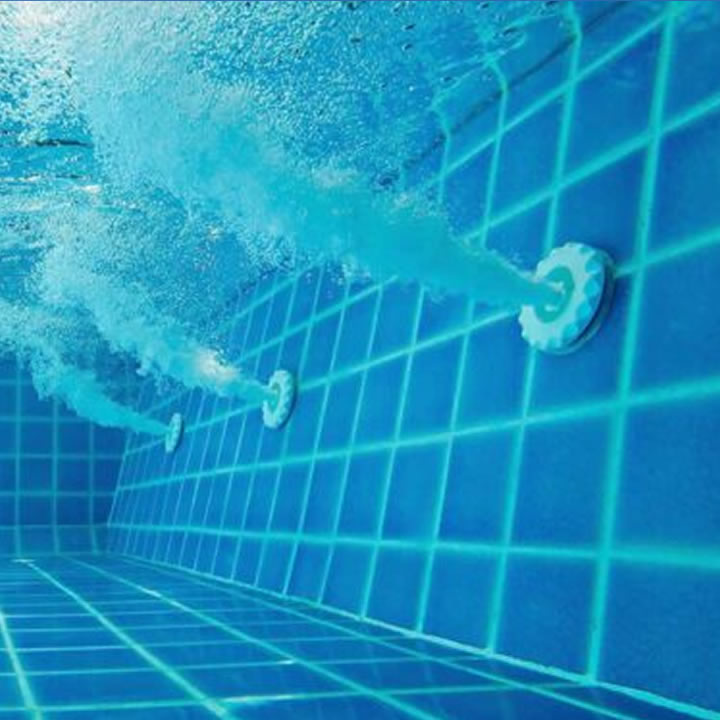Ever thought about jumping into a pool not just for a swim but to ease those nagging aches and pains? Aquatic therapy, also known as water therapy, involves exercises and treatments in a water environment, usually a pool, to promote physical rehabilitation and fitness.
This therapy type harnesses water’s natural properties to provide a gentle yet effective treatment alternative suitable for various needs and ages. Dive into the world of aquatic therapy and learn how it can be the soothing solution you’ve been searching for!
What is Aquatic Therapy?
Aquatic therapy is a highly specialized form of physical therapy that takes place in water, traditionally in a temperature-controlled pool.
Under the guidance of trained therapists, this therapy involves a series of movements and exercises that utilize the buoyancy, resistance, and hydrostatic pressure of water to rehabilitate patients more gently than traditional land-based methods.
Ideal for those who find traditional workouts painful or challenging, aquatic therapy can reduce the strain on muscles and joints, making it easier to regain strength, mobility, and flexibility.
Who Should Consider Aquatic Therapy?
Aquatic therapy is an excellent option for a wide variety of individuals. It’s especially beneficial for people suffering from chronic conditions, such as osteoarthritis, which affects millions globally.
The buoyancy of water supports the body and lessens stress on joints, allowing for pain-free movement and exercise. This therapy is also ideal for those recovering from surgery, the elderly, people with disabilities, and athletes seeking a low-impact way to stay fit.
Whether you’re dealing with joint pain, muscle weakness, or neurological conditions, aquatic therapy can be tailored to meet your specific health needs.
Benefits of Aquatic Therapy
The benefits of aquatic therapy extend beyond just physical health. Firstly, the water’s buoyancy reduces gravity’s pull, lessening joint stress and facilitating easier and pain-free movements. This makes it an excellent choice for pain management and rehabilitation after injuries.
Water resistance plays a critical role in strengthening muscles, yet it’s gentler than using weights on land. The hydrostatic pressure of water helps in reducing swelling and improving circulation, which is crucial for healing and health.
Additionally, aquatic therapy can significantly enhance cardiovascular stamina, muscle strength, and flexibility, all while providing a relaxing and soothing environment.
How to Access Aquatic Therapy
Aquatic therapy is becoming more popular, but not everyone knows where to find it. Some physical therapy centers offer aquatic therapy. Search online for therapy centers near you that offer this life-changing service.

The right center can provide personalized therapy plans designed specifically to address your health conditions and recovery goals. Physical therapy in Plainfield, IL offers aquatic therapy that will be the breakthrough you never knew you needed.
Physical therapy is beneficial for many issues, so this innovative approach to rehabilitation is widely accessible, and with the growth of specialized facilities, it’s easier than ever to dive into this transformative therapy.
Psychological and Emotional Benefits
Aquatic therapy does more than address physical ailments—it also offers psychological benefits. The soothing qualities of water provide a calming environment, reducing stress and promoting relaxation.
Engaging in gentle exercises in warm water can help decrease anxiety levels and enhance mood. The supportive nature of water encourages patients who might feel overwhelmed by land-based exercises to participate more actively and confidently.
This increase in physical activity can lead to improved mental health and a more positive outlook on life, especially for those dealing with long-term rehabilitation.
The Future of Aquatic Therapy
As healthcare continues to evolve, the future of aquatic therapy looks promising. Advancements in technology and therapy techniques are expected to enhance the effectiveness of treatments and expand their applications.
Researchers are exploring ways to customize aquatic therapy further to individual needs, making it even more effective and accessible.
With ongoing studies demonstrating the vast benefits of this therapy form, its inclusion in standard rehabilitation and fitness regimens is anticipated to grow, ensuring that more people can experience the unique advantages that aquatic therapy has to offer.
Aquatic therapy represents a profound shift in the approach to physical rehabilitation and wellness. By merging the therapeutic properties of water with expert guidance, this therapy provides a pathway to recovery and health that is both effective and enjoyable.
Whether you’re recovering from an injury, managing a chronic condition, or simply looking for a gentler way to stay fit, aquatic therapy offers a refreshing alternative to traditional methods. Dive into the healing powers of water and let aquatic therapy help you float back to peak health!

